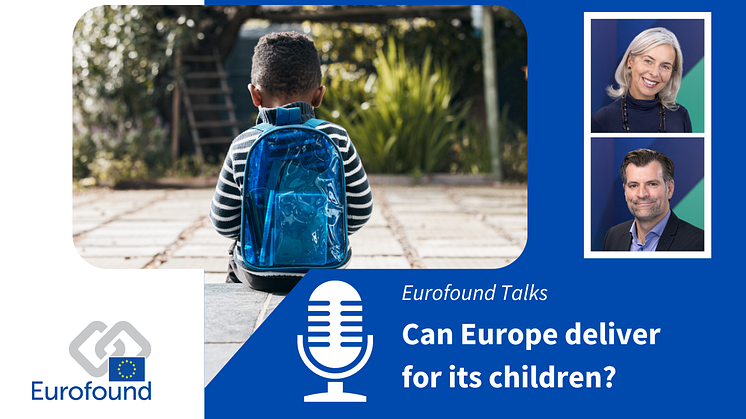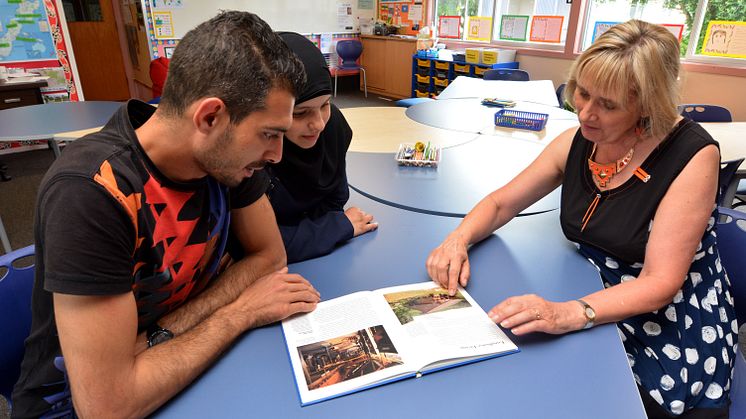Is Europe’s mental health still in crisis?
In the latest episode of Eurofound Talks, published today for World Suicide Prevention Day, Mary McCaughey speaks with Senior Research Manager Hans Dubois about concerning trends highlighted in Eurofound’s new report, Mental health: Risk groups, trends, services and policies.










